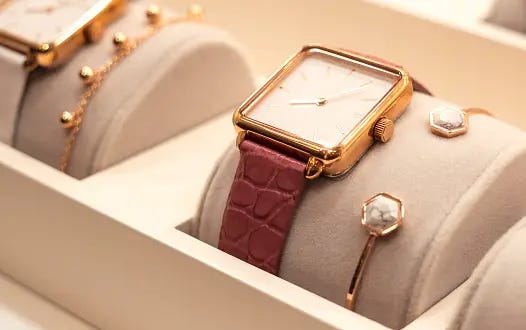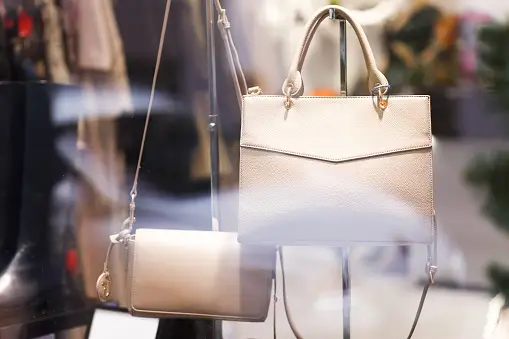As a Gen Zer, one of my favorite hidden passions is fashion and forecasting the latest trends. Just like in the equity markets, unpacking streetwear and consumer habits thrills me. Although I was late to the Succession train, something I distinctly noticed in the series which illustrates fashion today is the focus on quiet luxury and less about flashy brands and more about understated elegance.
I’ve always embraced this trend long before it became popular because it’s simple and versatile. My mom has consistently given me great, solid fashion advice, which has always revolved around this style.
One of the best pieces of advice I’ve been given is to dress like you’re older. That has always helped me figure out what to wear and stick to basics since making a decision, let alone a fashion choice, is tough for me — so more basic and boring, the better.
Flashy brands and luxury retailers such as LVMH, Dior, and Chanel have always been world-renowned and known for their prestige and luxury. They have price points that only serve a subset of the population however when you unpack the predominant buyers of these brands, you’ll be somewhat surprised. However, the predominant buyers of these retailers aren’t the top 1% but rather those trying to seem like it.
The Allure of Looking But Not Feeling Wealthy

There are a few defining features that define luxury: premium price point, scarcity, name brand, and craftsmanship. Today, despite the prevalence of luxury brands, it’s harder than ever to distinguish the ultra-wealthy from the upper and even middle class especially with quiet luxury in the mix.
In this ultra-competitive world where everyone is trying to keep up with the Joneses, it’s common to feel like you aren’t doing or looking enough. When you look around in the city, everyone looks better off than they really are. The middle class has felt this pressure the most and needed to bounce back post the ‘08 financial crisis. Although most generations are now sitting on a cash pile, many dress to impress the wrong way.
According to LVMH and other high-end retailers reports, the primary buyers of luxury goods are the middle class. They’ve gravitated towards ultra-high luxury brands as they are called new money. They’ve built their wealth and finally ‘made it’ and splurge on items they believe will increase their social status and get them to a level that they believe will rise up. While the ultra-wealthy, or known as old money, feel no need to impress and buy into retailers such as Bottega Veneta, Khaite, the Row, and lesser-known more disguised luxury brands on the market for more quality taste.
Muted Luxury
This year, conservative, hidden, or quiet luxury has been a staple. Similar to last year’s coastal grandma style, keeping it neutral with a lot of blends of cashmere and simple nautical designs that portray a desire for calming fabrics, not to impress.
Once you’ve garnered a certain amount of status and wealth, you don’t feel the pressure to compete or show off. You know what clothing means to you and at the end of the day, just want to be comfortable and feel yourself.
As a born frugal minimalist, I’ve never seen myself gravitating towards non-designer flashy goods because, for one, I’m not a huge fan of them and, two, I’ve never been a fan of flashy logos and slogans. I want something simple and minimalist.
So next time you go shopping, realize the image you’re portraying and how your wallet feels about it. New money, as defined by this generation, are looking to spoil themselves once they hit a certain number in their bank account, and old money have nothing to prove. Impress yourself no one else to truly win.
Instead of feeling the need to impress everyone you meet, even strangers on the street, adopt a mindset that favors being down-to-earth, personable, and focusing on your character and personality instead of just looks and appeal. You’ll feel better inside and people will relate to you better.
Looks can be deceiving no matter what status, but you can’t hide away from your wallet or yourself, so know what is really worth it for you instead of appealing to others.

